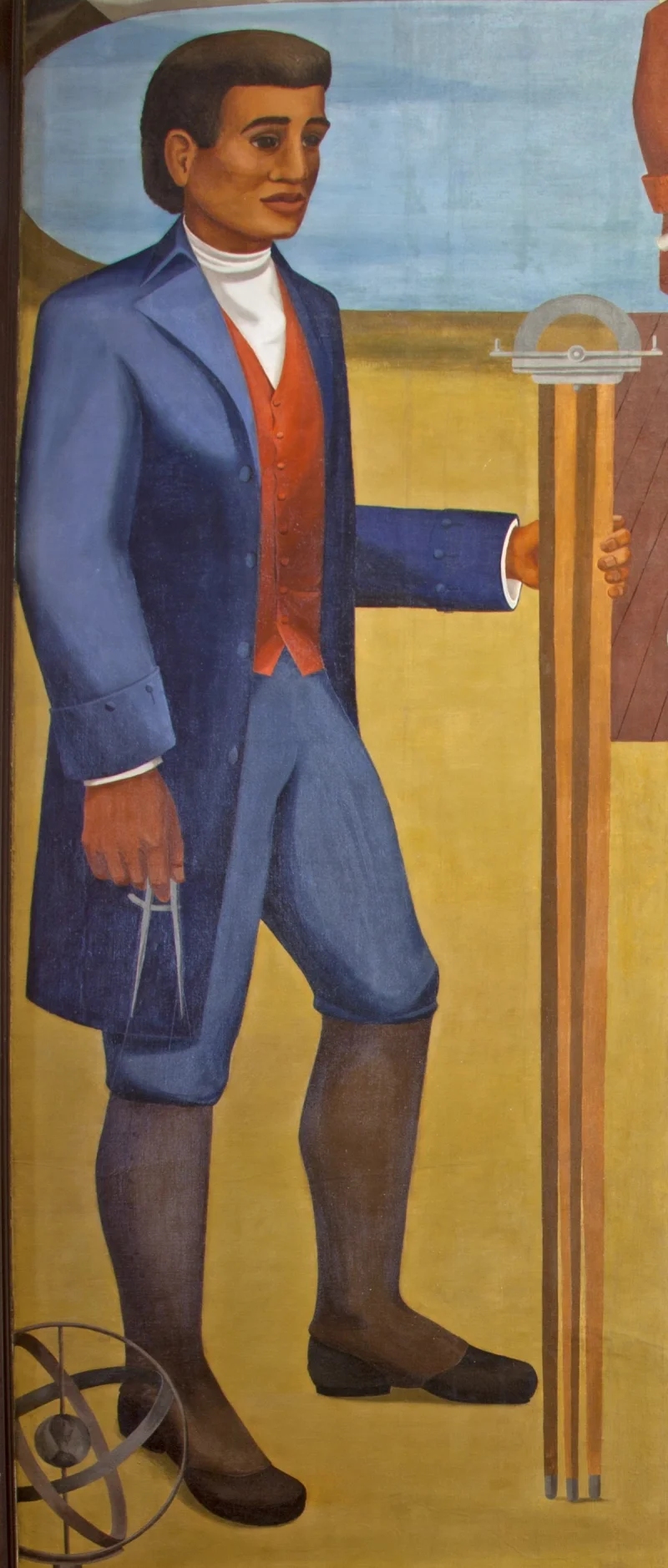Short Summary
Noam Chomsky is a renowned American linguist, philosopher, cognitive scientist, historian, and social critic. He is best known for his groundbreaking work in the field of linguistics and his extensive political activism. Chomsky's development of the theory of generative grammar revolutionized the study of language and earned him the title of "the father of modern linguistics." Additionally, he has been a prominent critic of U.S. foreign policy and a vocal advocate for social justice, influencing both academic and public discourse worldwide.
Early Life & Education
Born on December 7, 1928, in Philadelphia, Pennsylvania, Noam Chomsky was raised in a Jewish family with strong intellectual influences. His father, William Chomsky, was a Hebrew scholar, and his mother, Elsie Simonofsky Chomsky, was an activist. Chomsky showed an early interest in politics and linguistics, writing his first article on the rise of fascism in Europe at the age of 10. He attended the University of Pennsylvania, where he studied under the tutelage of notable philosophers and linguists, earning his bachelor's degree in 1949, his master's in 1951, and ultimately his Ph.D. in 1955.
Career Highlights
Chomsky began his academic career at the Massachusetts Institute of Technology (MIT) in 1955, where he became a full professor in 1961. He introduced the theory of generative grammar, focusing on the innate aspects of language acquisition. His seminal work, "Syntactic Structures," published in 1957, challenged existing linguistic theories and laid the groundwork for the Chomskyan revolution in linguistics. Beyond linguistics, Chomsky became a prominent political thinker, critiquing media, corporate power, and U.S. foreign policies through numerous books and public talks, making significant contributions to both academia and activism.
Major Achievements
- Developed the theory of generative grammar, reshaping modern linguistics.
- Authored "Syntactic Structures," a foundational text in linguistics.
- Influential political critic, particularly of U.S. foreign policy and media.
- Prolific author, with over 100 books on linguistics, philosophy, and politics.
Famous Quotes
- "The general population doesn't know what's happening, and it doesn't even know that it doesn't know."
- "If we don't believe in freedom of expression for people we despise, we don't believe in it at all."
Interesting Facts
- Chomsky was arrested for his anti-Vietnam War activism in the 1970s.
- He has been a leading critic of mass media through his book "Manufacturing Consent."
- He has maintained a vegetarian lifestyle for ethical reasons.
- In 2006, he was voted the world's top public intellectual in a poll by Prospect and Foreign Policy magazines.
Legacy / Influence
Noam Chomsky's contributions have had a profound impact on the field of linguistics and the broader intellectual landscape. His theories on language have influenced cognitive science, psychology, and philosophy. As a political activist, his critiques of media and government policies have shaped discussions on democracy, freedom, and justice. His legacy endures through his extensive body of work and the continued relevance of his ideas in academic and public discourse.
FAQ
Q: Why is this person famous?
A: Noam Chomsky is famous for his revolutionary work in linguistics and his extensive political activism.
Q: What is the theory of generative grammar?
A: It is a theory that suggests the ability to generate language is innate and based on a set of grammatical rules shared by all humans.
Q: What are some of Chomsky's notable works?
A: Some of his notable works include "Syntactic Structures," "Manufacturing Consent," and "Hegemony or Survival."
Q: What subjects has Chomsky written about?
A: He has written extensively on linguistics, politics, media, and philosophy.












